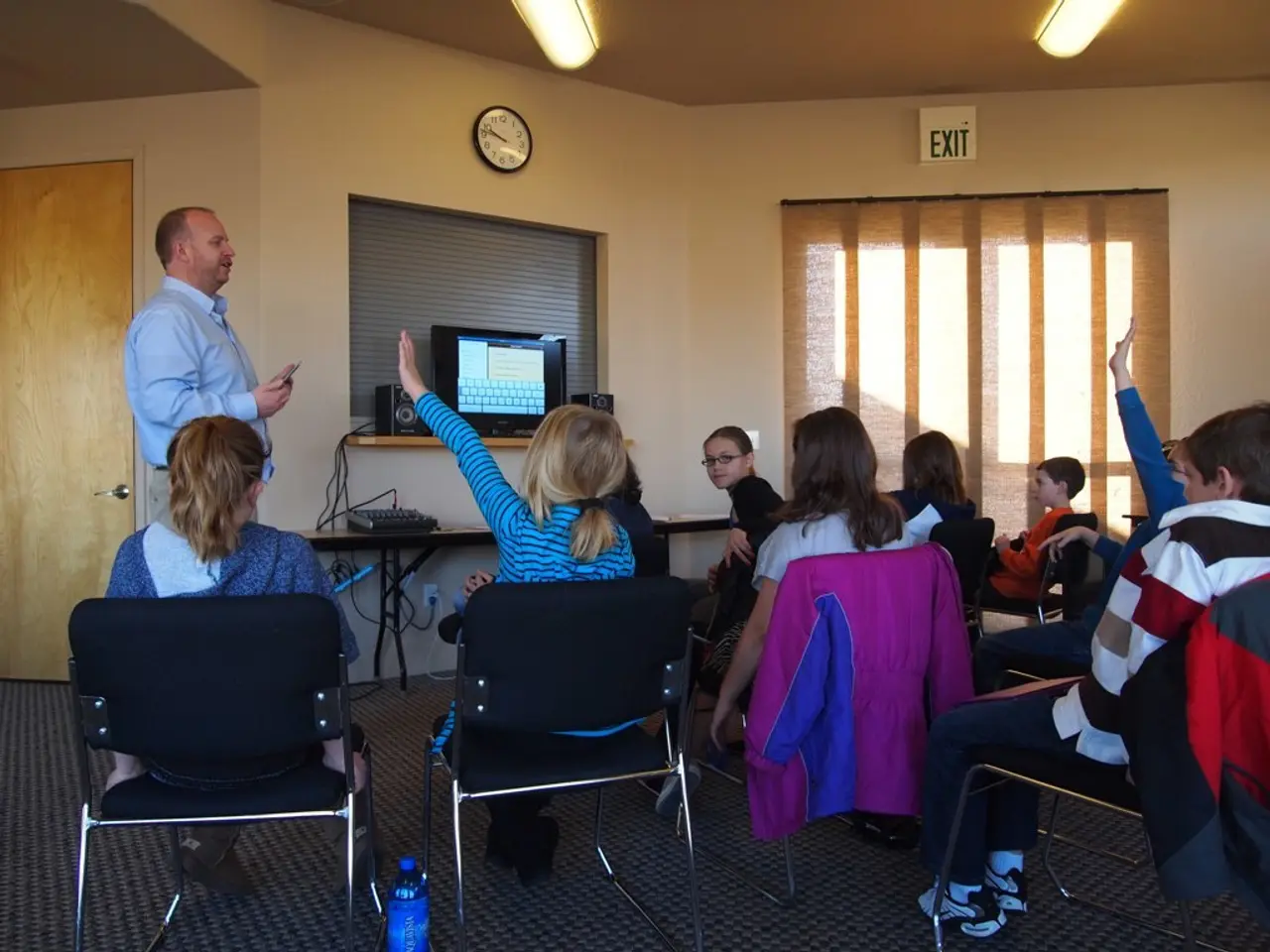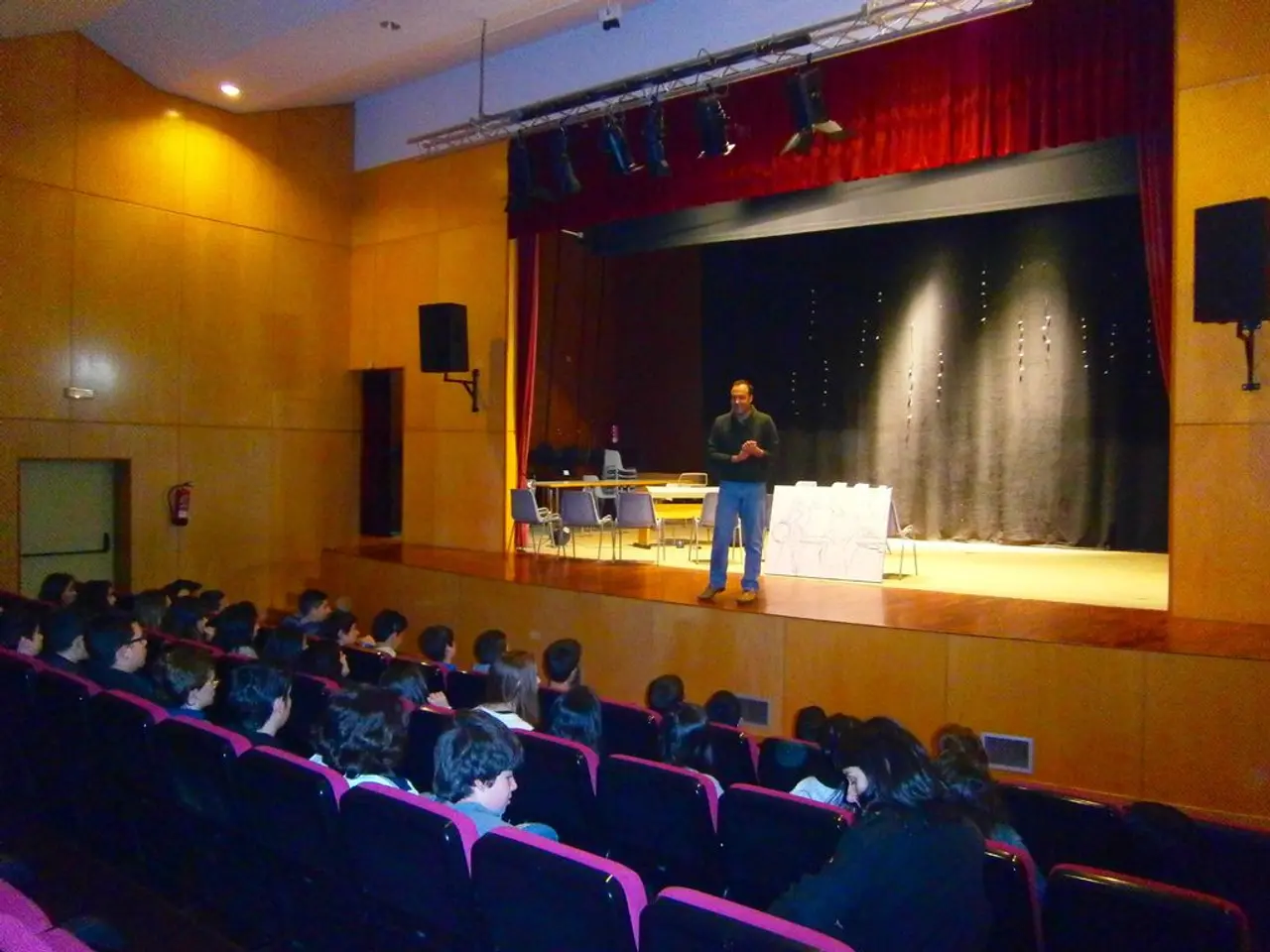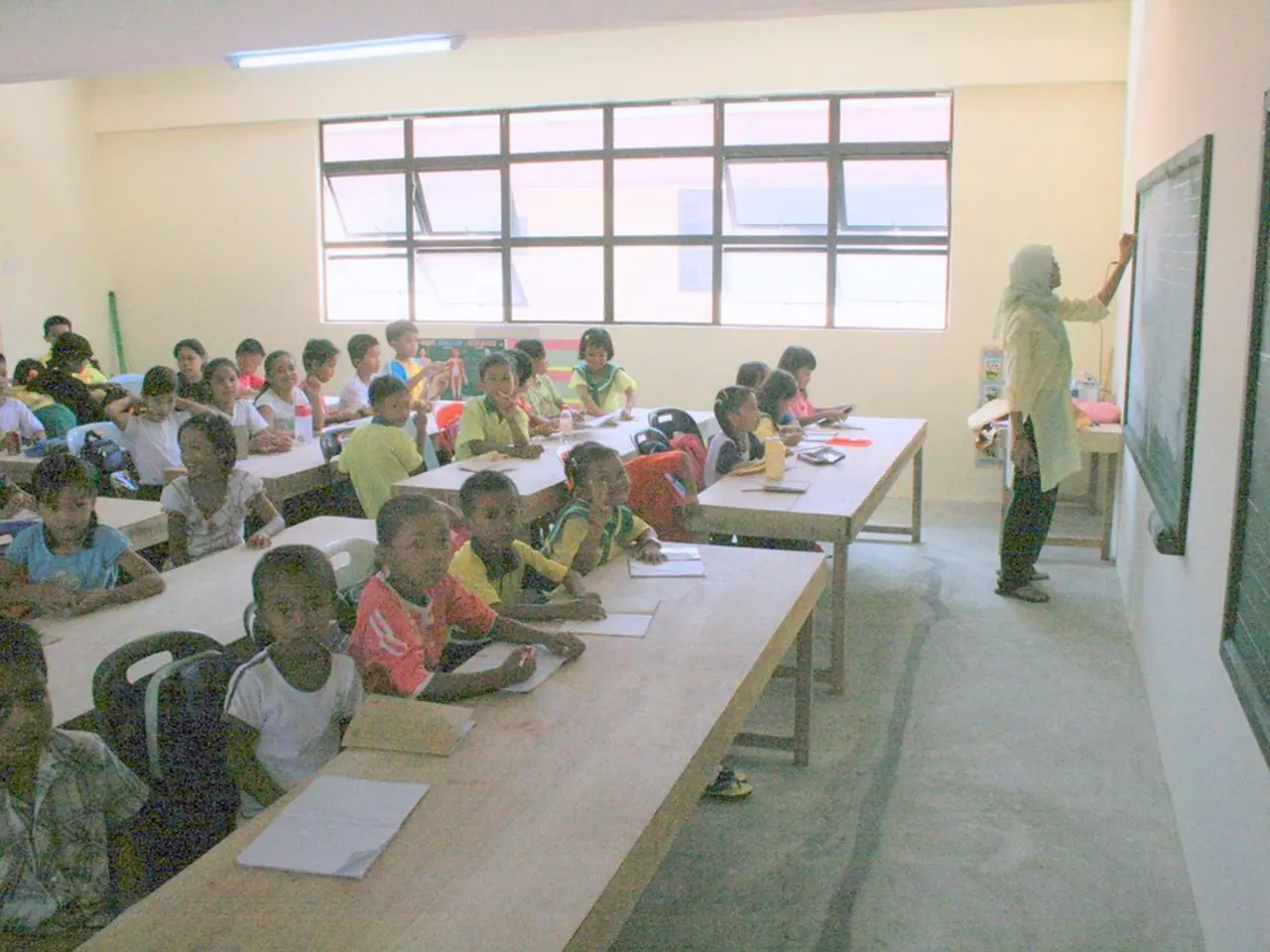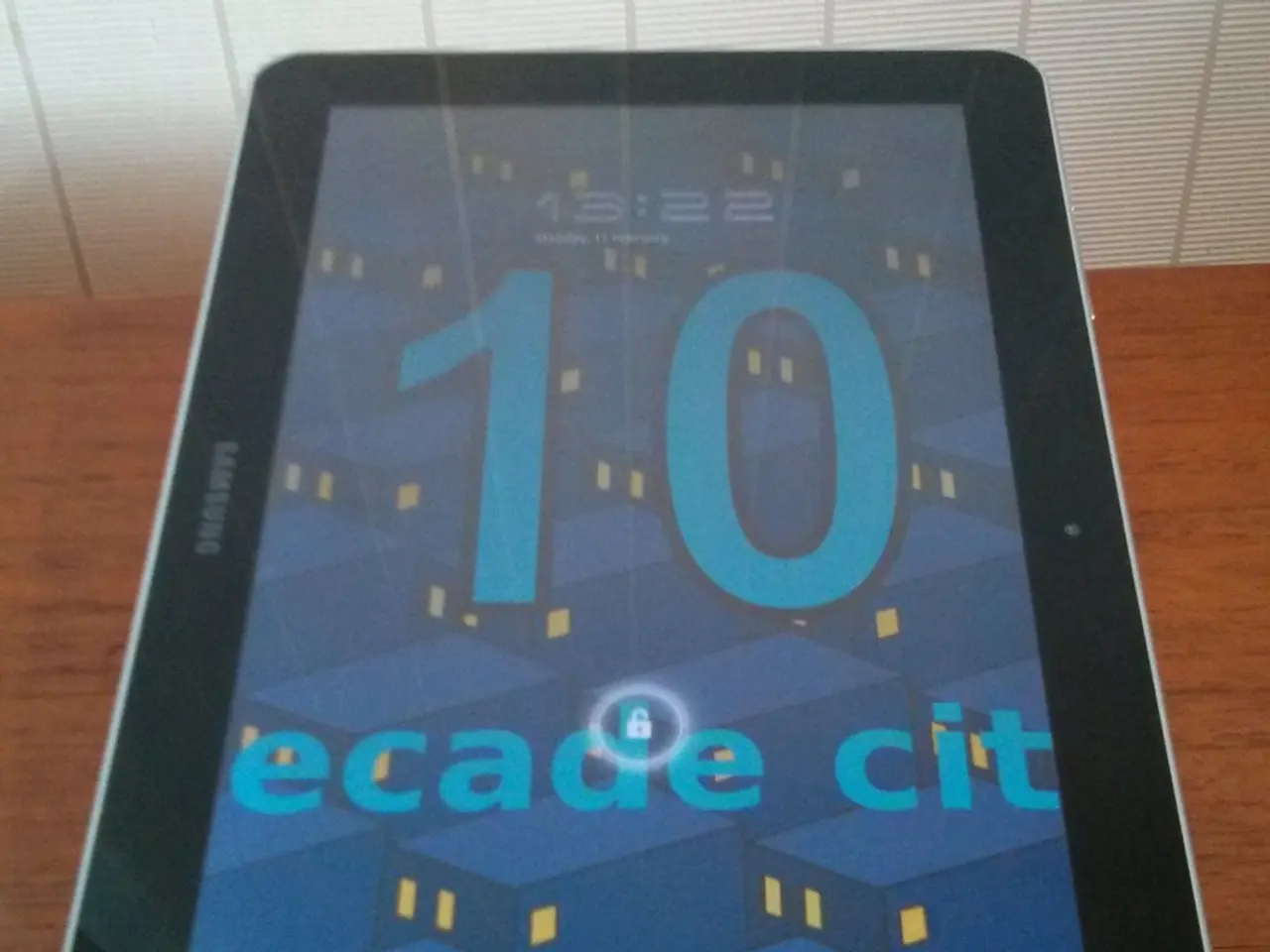Utilizing Artificial Intelligence and Technology for Accessibility: Insights for Teachers and Learners
In 2024, Crystal Yang's nonprofit, Audemy, received a grant from Intel's AI Global Impact Festival, marking a significant milestone in her mission to make education accessible to all. This platform, an AI-powered educational gaming platform designed for the visually impaired, was launched by the then high school student.
Yang's inspiration came from the passion of people wanting to use technology to make an impact in the world. She recognized that existing educational games were predominantly visual and inaccessible to her blind classmates. To bridge this gap, she leveraged AI, converting curriculum-based content into audio and interactive formats.
Audemy operates as a nonprofit educational gaming platform tailored for visually impaired users, partnering with dozens of schools and reaching thousands of blind students worldwide. The platform's AI-powered educational games enable blind students to engage with learning materials similarly to their sighted peers, increasing accessibility and fostering independence.
Key aspects of utilizing AI for accessible education, as demonstrated by Audemy, include:
- Embracing AI technologies such as natural language processing and speech recognition to convert visual information into auditory and interactive content.
- Designing adaptive learning environments that respond to the specific needs and abilities of visually impaired learners, providing personalized support and engagement.
- Collaborating with schools and visually impaired communities to ensure the solution meets diverse user needs and maximizes impact.
- Empowering users to explore and interact with educational content independently, fostering engagement and skill development.
- Scaling access through digital platforms that can reach thousands of users across different locations, overcoming geographic and physical barriers to traditional education.
Additional technologies supporting these goals in a broader context include the use of tablets like iPads with built-in accessibility features, which complement AI by offering magnification, audio feedback, screen sharing, and guided access tools.
Crystal Yang encourages those interested in tech entrepreneurship to embrace AI and see how it can be used to help society, increase efficiency, and make things more accessible. She advises students to connect with various communities and address their specific needs. For those without coding skills, she suggests creating an interactive website or small app, but editing the code may be more challenging.
In the early days of Audemy, Yang was initially surprised by the response she received when seeking volunteers for her nonprofit. She found volunteers through platforms like VolunteerMatch and encourages seeking help from experienced volunteers when starting a tech nonprofit or company.
Today, Audemy has a team of 60 professional developers and designers from around the world. The platform has also received financial support from Google in the form of Google ads. Crystal Yang is now a student at The Wharton School of the University of Pennsylvania, continuing her journey to make a difference in the world of accessibility.
The theme of accessibility in technology is under-addressed, according to Crystal Yang. She believes that people are willing to provide financial assistance to nonprofits, in addition to volunteering, to support projects that make a meaningful impact. With the power of AI and the dedication of individuals like Crystal Yang, the future of accessible education looks bright.
- Crystal Yang, a student at The Wharton School of the University of Pennsylvania, created Audemy – an AI-powered educational gaming platform for the visually impaired, which has partnered with numerous schools worldwide.
- To bridge the gap between traditional educational games and those who are visually impaired, Audemy utilizes digital technology and AI, converting curriculum-based content into audio and interactive formats.
- According to Yang, the theme of accessibility in technology is under-addressed but promises to become significant with the help of AI, particularly in the realm of education-and-self-development.
- Yang encourages tech-entrepreneurship and advises students to leverage AI, collaborate with communities, and create interactive digital platforms to make positive impacts on accessibility.




